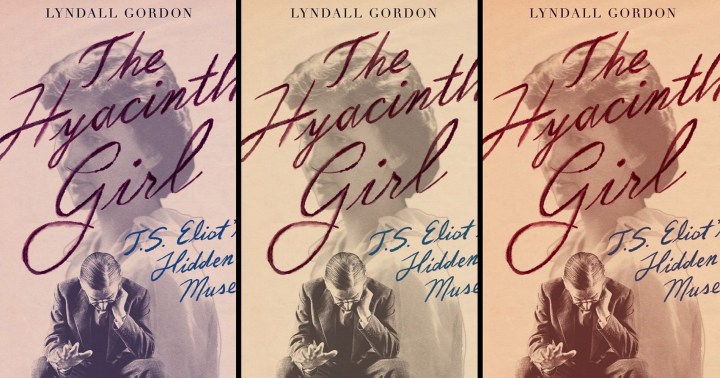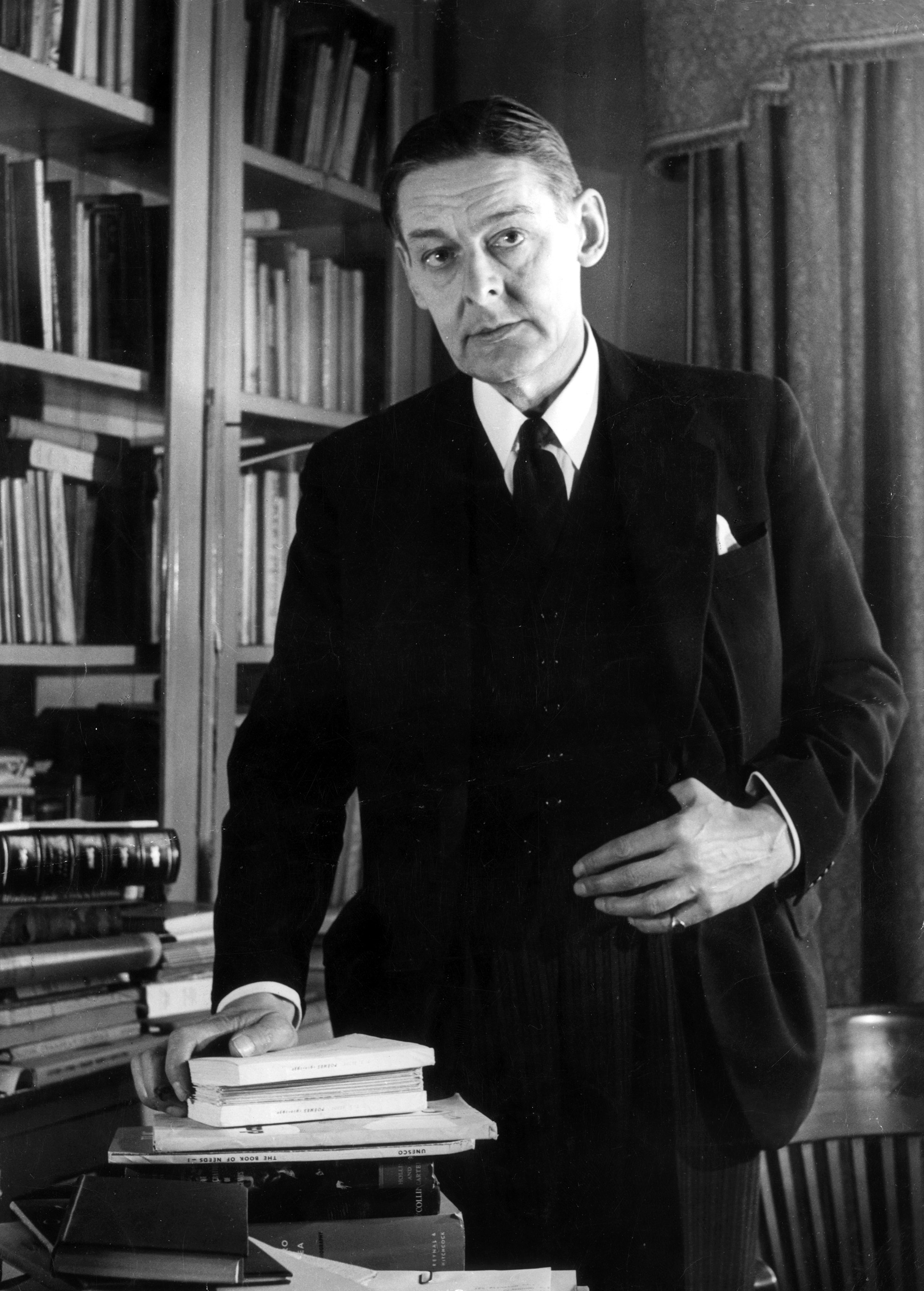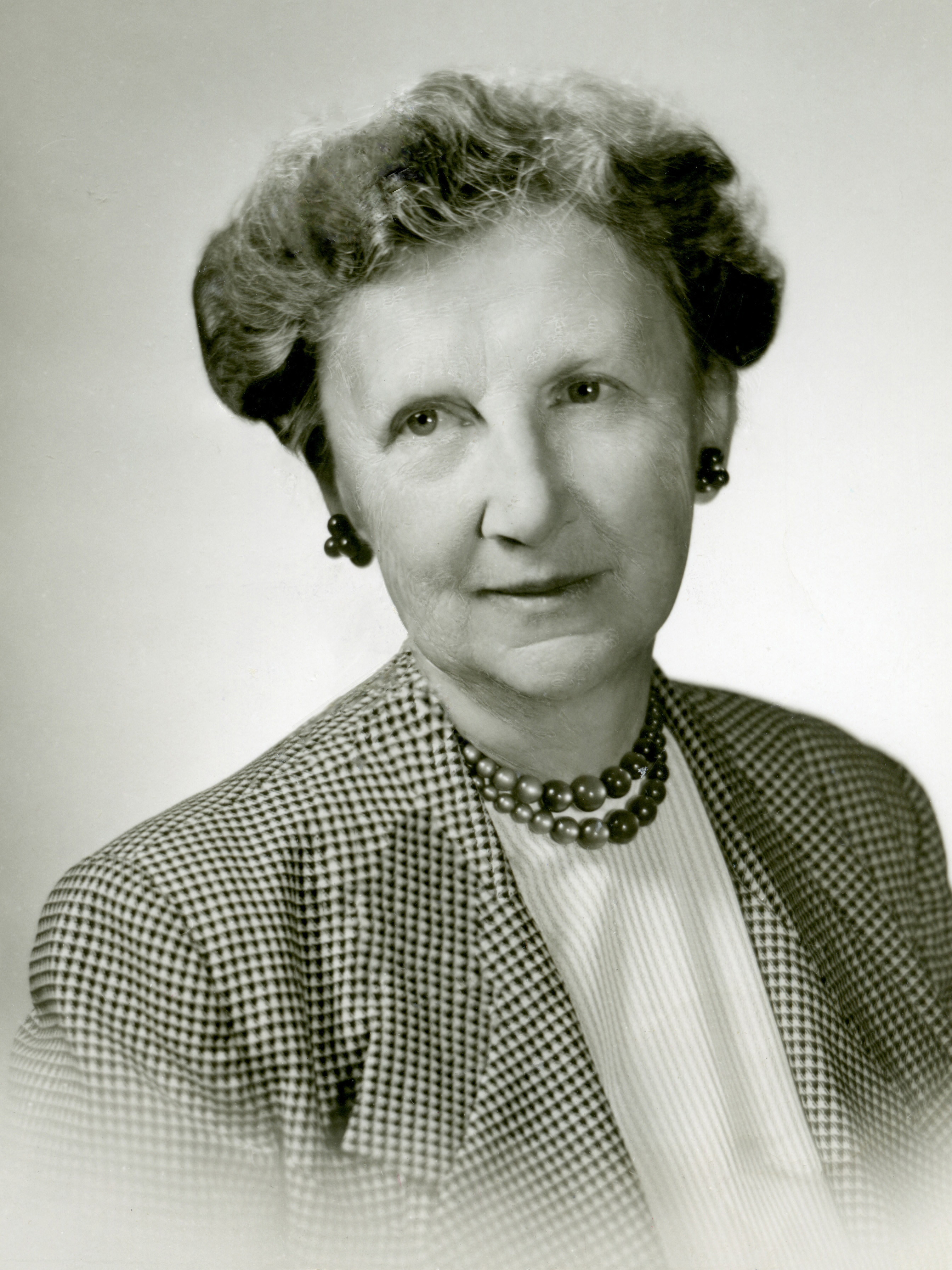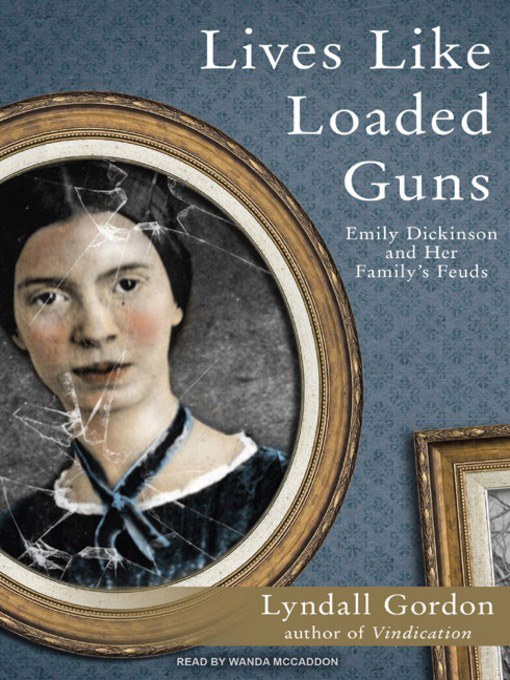BOOK REVIEW
‘The Hyacinth Girl: T.S. Eliot’s Hidden Muse’ by Lyndall Gordon

Gordon has managed to pull off a feat of multidimensional life-writing. This is not just a biography of Emily Hale, but of Eliot himself, whose letters to Hale reveal how his life found its way into his poems.
On 2 January 2020, South African Lyndall Gordon was one of a select group of T.S. Eliot scholars who waited in Princeton’s Firestone Library for 1,100 letters from the Nobel Prize-winning poet to Emily Hale, a drama teacher and actress, to be released from their 50-year embargo.
The Hyacinth Girl: T.S. Eliot’s Hidden Muse has reached our shelves a mere two years later. It tells the story of a poet who needed women for their transformational power. Eliot’s first wife, Vivienne Haigh-Wood, transformed him from a “mediocre teacher of philosophy” into an English poet. His second wife, Valerie Fletcher, transformed him from a puritan and celibate into a late-life lover and uxorious husband. But the woman who acted as his muse through his most creative years, who gave him a visionary power, and who co-produced his most loved lines, was Emily Hale:
Yet when we came back, late, from the Hyacinth garden,
Your arms full, and your hair wet, I could not
Speak, and my eyes failed, I was neither
Living nor dead, and I knew nothing,
Looking into the heart of light, the silence
As Gordon and fellow researcher Frances Dickey, working together at the same table, read the letter that confirmed Hale as Eliot’s hyacinth girl, they jumped up to hug. Here was proof enough to convince even the most calcified of her doubters and detractors that Hale had contributed materially to the poem of the century.
Eliot was an ardent correspondent who often told Hale that he wanted their letters to one another to be preserved. But then he developed cold feet. He had a colleague at Faber burn Emily’s letters to him. Unable to set fire to those secreted at Princeton, Eliot insisted on adding what Gordon rightly describes as a “character assassination”.

Anglo-American poet, critic and writer TS Eliot in 1950. Image: John Gay / Hulton Archive / Getty Images
In this covering letter that researchers like Gordon were obliged to read before delving into the correspondence, Eliot denies Hale’s primacy in either his life or his poetry. He wasn’t in love with her: it was “the love of a ghost for a ghost”. He implies that because he hadn’t married her, Hale was driven by desire for revenge against him. Gordon tells us that his “letter alleges Emily’s ‘insensitiveness’ and ‘bad taste’, that she was not a lover of poetry and that her primary interest in him lay in his reputation”.
As Gordon points out, Eliot’s plan to influence future readers backfired. These days we are wise to abusers who heap blame on their victims. Always an astute biographer, Gordon puts off summarising Eliot’s refutation of his hyacinth girl until we have read, enthralled, several hundred pages that confirm the opposite. The letters cannot yet be printed in full, but even fragments leave no doubt that Eliot loved Hale ardently:
I shall always write primarily for you.
… there are times when I desire you so much that neither religion, nor work, nor distraction, and certainly not dissipation could relieve it
… you have made me …
… there are times when my arms literally ache with the emptiness. I need not say this twice …
… my Emily … dear Lady Bird …riperaspberrymouth …
… I should like you to know, once and for all, that there is nothing in this world that I would not give up without hesitation if I had even the slightest hope that you would accept me as your husband.
This ring means to me all that a wedding ring can mean …
[Through you I have come to] know what the touch, the physical contact with a beloved can mean, how it can flood one with a bliss and peace of being alone with the other person …
When he thought her replies were late, Eliot cabled Hale to remind her; he constantly led her to believe that if he were free to marry, she would be his choice. In the 26 years of their correspondence, he channelled their moments of sensual (though not sexual) communion into flashes of intense beauty in his poetry.
Emily Hale was Beatrice to Eliot’s Dante, and she paid a high price for that honour, living on the edge of poverty, having to move from one untenured teaching post to another, never able to form a tie with another man since Eliot’s obsession with her and insistence on her letters suggested that if she waited long enough, Vivienne would die, and leave them free to marry.

Emily Hale. Image: Wikipedia
Eliot’s first wife died of heart failure in 1947. His nightmare marriage to a woman who had stalked him had ended. But instead of a marriage proposal, Emily Hale received a letter saying that conscience had left him with “an intense dislike of sex in any form”.
The play Eliot wrote a year after his wife’s death perhaps best explains why his ardour had cooled. As Gordon writes: “When the wife vanishes in The Cocktail Party, her husband, who has been enjoying an affair with a desirable woman, more well-conducted and loving than his wife, discovers that he does not want another marriage. What he wants is not to be disturbed.”
Although Emily continued to write to Eliot, and he replied, their relationship had changed. She is consistently friendly and cordial, but he seemed to wish her ill. In the draft of The Cocktail Party that Emily read, her character, Celia, is crucified by hostile tribesmen who like to “smear the victims / With a juice that is attractive to the ants”.
The derogatory letter refuting her role in his life would seem to be a continuation of this sadistic impulse. Gordon acknowledges that another way of seeing the letter is as an attempt to protect his new young wife. Valerie Fletcher had set her heart on marrying T.S. Eliot (whom she’d only ever met through his poetry) when she was a teenager. Becoming his secretary made that dream possible. She was intensely loyal and Eliot was right to think he could entrust his posthumous reputation to her. But as Gordon notes, “to validate Valerie as the love of his life meant invalidating Emily”.
Eliot married this “peach of a girl” when he was 68 and she was 30, stunning his close friends by not letting them know until it was a fait accompli. The now besotted and uxorious Eliot lost his hygienic disgust of sex and wrote “of lovers whose bodies smell of each other”.
In A Dedication to my Wife he repurposes his famous garden image. “The roses in the rose-garden which is ours and ours only” is another blow aimed at Emily Hale for whom the following much more beautiful lines in Four Quartets were written:
Footfalls echo in the memory
Down the passage which we did not take
Towards the door we never opened
Into the rose-garden.
Eliot’s great fear that Valerie would live long enough to read his letters to Emily Hale was never realised. She died in 2012, eight years before the letters were made public.
Gordon writes sympathetically about all of Eliot’s women. She allows us to appreciate their various gifts and, in the case of Emily and Vivienne, to experience their suffering as they took the brunt of the poet’s “streak of sadism”.

‘Lives Like Loaded Guns: Emily Dickinson and her Family’s Feuds’ by Lyndall Gordon book cover. Image: Goodreads / Wikipedia
As a biographer writing at the height of her powers (another masterpiece is Lives Like Loaded Guns: Emily Dickinson and her Family’s Feuds) Gordon has managed to pull off a feat of multidimensional life-writing. This is not just a biography of Emily Hale, but of Eliot himself, whose letters to Hale reveal how his life found its way into his poems. It’s wonderfully illuminating to read when and why he “used his life – its particular scenes, the people he encountered and private feeling – to inject poems with jolts of authenticity…”
“Jolts” is the perfect word to describe the reader’s sudden sense of momentary dislocation as excerpt after excerpt from the letters proves how deeply personal the famously impersonal Eliot was. Although one recoils from a man who could demand love, loyalty and inspiration from a gentle, gifted, supportive woman and then betray her so ruthlessly, the effect of Gordon’s biography is to send the reader back to the poetry and plays, with new understanding, excitement and appreciation. The Hyacinth Girl: T.S. Eliot’s Hidden Muse is a masterpiece. DM/ML/MC
Finuala Dowling was born in Cape Town, a city she has recorded in both her fiction and her poetry. She has taught English at the University of South Africa and the University of Cape Town as well as other institutions, but now works as a freelance writer and creative writing teacher. Her five collections of poetry include Pretend you Don’t Know Me, a new and selected volume that brings together many of her most popular poems. Her sixth novel, The Man Who Loved Crocodile Tamers, was published in 2022.
Visit Daily Maverick’s home page for more news, analysis and investigations




















 Become an Insider
Become an Insider
Comments - Please login in order to comment.